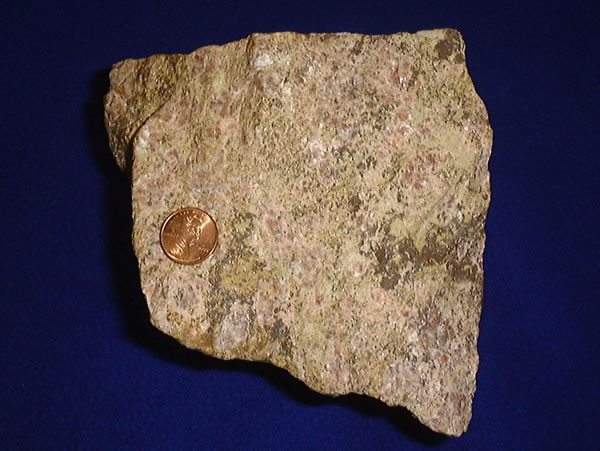Trump Attends NATO Summit Amid Ongoing Israel-Iran Ceasefire

The NATO summit in The Hague, Netherlands, convened on June 25, 2025, with U.S. President Donald Trump arriving amidst a fragile ceasefire between Israel and Iran. The ceasefire, which follows a tumultuous 12-day conflict, has raised both hopes and skepticism regarding its durability. President Trump, while addressing the media en route to the summit, criticized both Israel and Iran for allegedly violating the ceasefire agreement, stating, "They don’t know what the f--- they’re doing."
The backdrop of this summit is significant, as it comes in the wake of U.S. airstrikes on Iranian nuclear facilities that have sparked global concern over nuclear proliferation. Reports from various news outlets, including CNN and The New York Times, indicate that the U.S. strikes, while damaging, did not entirely destroy Iran’s nuclear capabilities, contradicting earlier assertions from Israeli Prime Minister Benjamin Netanyahu that Israel had dealt a fatal blow to Iran's nuclear program.
According to a report by the Pentagon’s Defense Intelligence Agency, the strikes at key facilities such as Fordow, Isfahan, and Natanz did not eliminate Iran's stockpile of enriched uranium, which remains largely intact. This assessment has led to calls from the International Atomic Energy Agency (IAEA) for access to these sites to verify Iran's nuclear inventory, as stated by IAEA director Rafael Grossi on June 25, 2025.
The ceasefire agreement itself has received cautious support from various international leaders. United Nations Secretary-General Antonio Guterres welcomed the ceasefire, urging both nations to respect the terms fully. However, skepticism remains regarding the long-term stability of the agreement, as evidenced by statements from Israeli military officials who assert that the campaign against Iran’s nuclear ambitions is far from over.
As President Trump mingles with NATO allies, including Dutch King Willem Alexander, the summit represents an opportunity for discussion on defense spending and collective security. NATO Secretary-General Mark Rutte praised Trump for his decisive actions in Iran, emphasizing a shift where European nations are expected to bolster their defense budgets to 5% of GDP.
The global community watches closely as leaders navigate these complex geopolitical waters. The future implications of the ceasefire, particularly concerning Iran's nuclear program and regional stability, remain uncertain. With tensions still high, the outcomes of this NATO summit could significantly influence U.S.-Middle East relations and the broader international security landscape. Experts assert that the persistence of diplomatic efforts will be crucial in ensuring that this ceasefire does not merely serve as a temporary pause in hostilities but leads to a more comprehensive resolution of underlying conflicts.
In conclusion, while the ceasefire between Israel and Iran holds for now, the NATO summit presents a pivotal moment for international diplomacy, with President Trump and other leaders poised to address the intricate challenges posed by ongoing tensions in the region.
Advertisement
Tags
Advertisement





